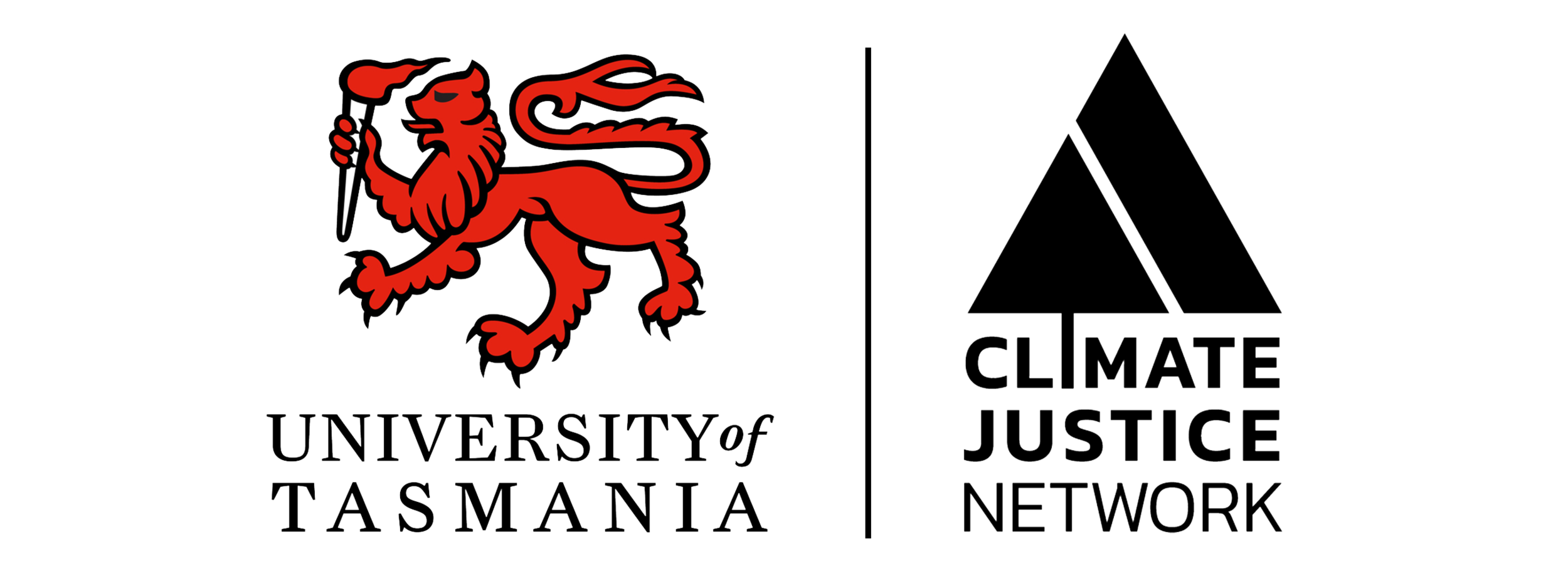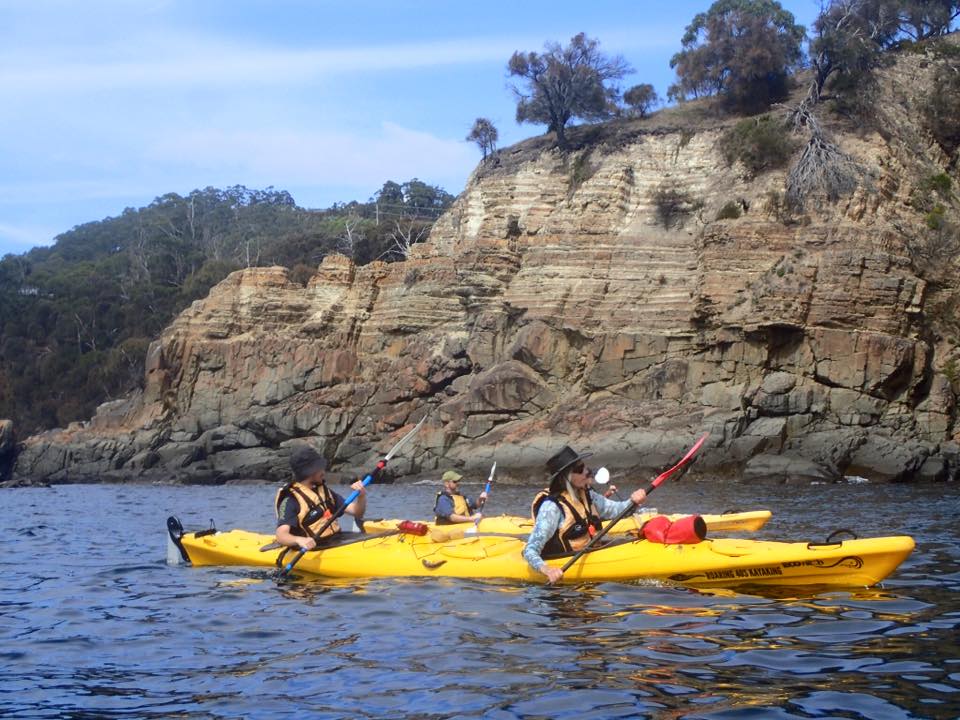Questions of justice and equity are central to the climate problem. In the context of international climate negotiations, justice is generally understood as distributive justice, dealing with effort sharing among nations for tackling climate change. However, a continuing lack of consensus between countries as to what equitable burden sharing would look like has led some to question the value of equity debates, suggesting that equity is “a potential distraction from addressing climate change and could undermine collective action”. Yet issues of equity and justice continue to figure centrally in, and are likely to influence and shape implementation of, the 2015 Paris Agreement.
Equity can be considered a principle of international environmental law that addresses fairness, which is crucial to generating agreement in any international regime. Equity is operationalised within the United Nations Framework Convention on Climate Change through the principle of common but differentiated responsibilities (CBDR), which places the greater burden of action, including financial contributions, on industrialised countries based on their responsibility for historic greenhouse gas emissions (the developing country view), or alternatively their greater capacity to pay (the industrialised country view). While the principles of equity and CBDR are included in the Paris Agreement, there is on-going disagreement around how differentiation will be determined and fair distribution of responsibilities achieved.
Equity approaches based on historical responsibility and capacity have failed to gain consensus as a basis for international action. The response to this has seen a resurgence of equity approaches that purport to take a neutral and ‘science based’ approach by relying on aggregation and quantification to bypass the need for consensus. Critiques of these approaches suggest that removing substantive debate obscures underlying assumptions in scientific methodologies and their political implications. Depending on choices made around which equity approaches to include, aggregation approaches can strongly skew results in favour of wealthier, higher emitting countries, raising questions over the role of science in making the deeply normative and ethical choices required for determining equitable burden-sharing. Rather than being side-lined for the sake of political consensus, discussion, debate and research into equity will be critical to establishing a morally defensible approach to distributing the climate change effort.
At the upcoming UTAS conference on climate justice, several speakers will be addressing the issue of equity and effort sharing between nations from different perspectives.
In the opening plenary of the conference on Thursday morning, Marcus Düvall of the University of Utrecht will present on Framings of Climate Justice, and Jeremy Moss from the University of New South Wales discusses Historical Justice and the Climate Transition. In the following sessions, Karey Harrison, University of Southern Queensland, tackles the question of Neoliberal economics in limits to growth and fair shares, while in a parallel session Patricia Galvao, University of Windsor, will look at Emerging Economies, Dwindling Differentiation and Elusive Climate Justice.
The second keynote session on Thursday will see Robyn Eckersley, University of Melbourne, talk about Democracy and Climate Justice, and Steve Vanderheiden from the University of Colorado at Boulder will present on Climate Justice: Beyond Burden Sharing. On Thursday night Steve Vanderheiden will present a public talk at the Hobart Town Hall on Climate Ethics Amidst Climate Injustice.
The second day of the conference will open with a keynote session with Lavanya Rajamani from the Centre for Policy Research, New Delhi, speaking on Equity and Differentiation in the 2015 Paris Agreement; Sivan Kartha of the Stockholm Environment Institute presenting the Civil Society Approach to Climate Equity through the Fair Shares approach, and Jan McDonald, University of Tasmania, discussing Fairness in Climate Adaptation Law.
Further sessions on Friday include Kate Dooley, University of Melbourne asking whether Equity Debates Function as an Enabler or barrier to Climate Action, and Peter Christoff, University of Melbourne taking a national perspective looking at Burden Sharing within Australia. On the final day of the conference, Matthew Stilwell, of the Institute for Governance and Sustainable Development will present International Civil Society Perspectives on Climate Justice.
These diverse perspectives from many internationally renowned speakers will contribute to a growing richness in understandings of equity. Avoiding equity debates will not solve the distributive justice problem inherent within international climate negotiations, challenging the argument that focusing on justice could undermine political will. Rather than being a distraction, a greater focus on equity is sorely needed, to increase ambition through deepened international cooperation, to improve comparison of effort between countries (and therefore greater willingness to participate), and to understand the trade-offs for diverse individual and groups of different types of climate action. As Klinsky et al recently wrote: “Equity is not a distraction to climate policy and analysis. Rigorous analysis that systematically considers the issue of justice is essential for our ability to understand and meaningfully inform the politics of climate action, especially in the post-Paris world”.
Kate Dooley is undertaking a PhD in political science at the University of Melbourne, looking at the environmental integrity and equity implications of the accounting and practice of land-based climate mitigation.









